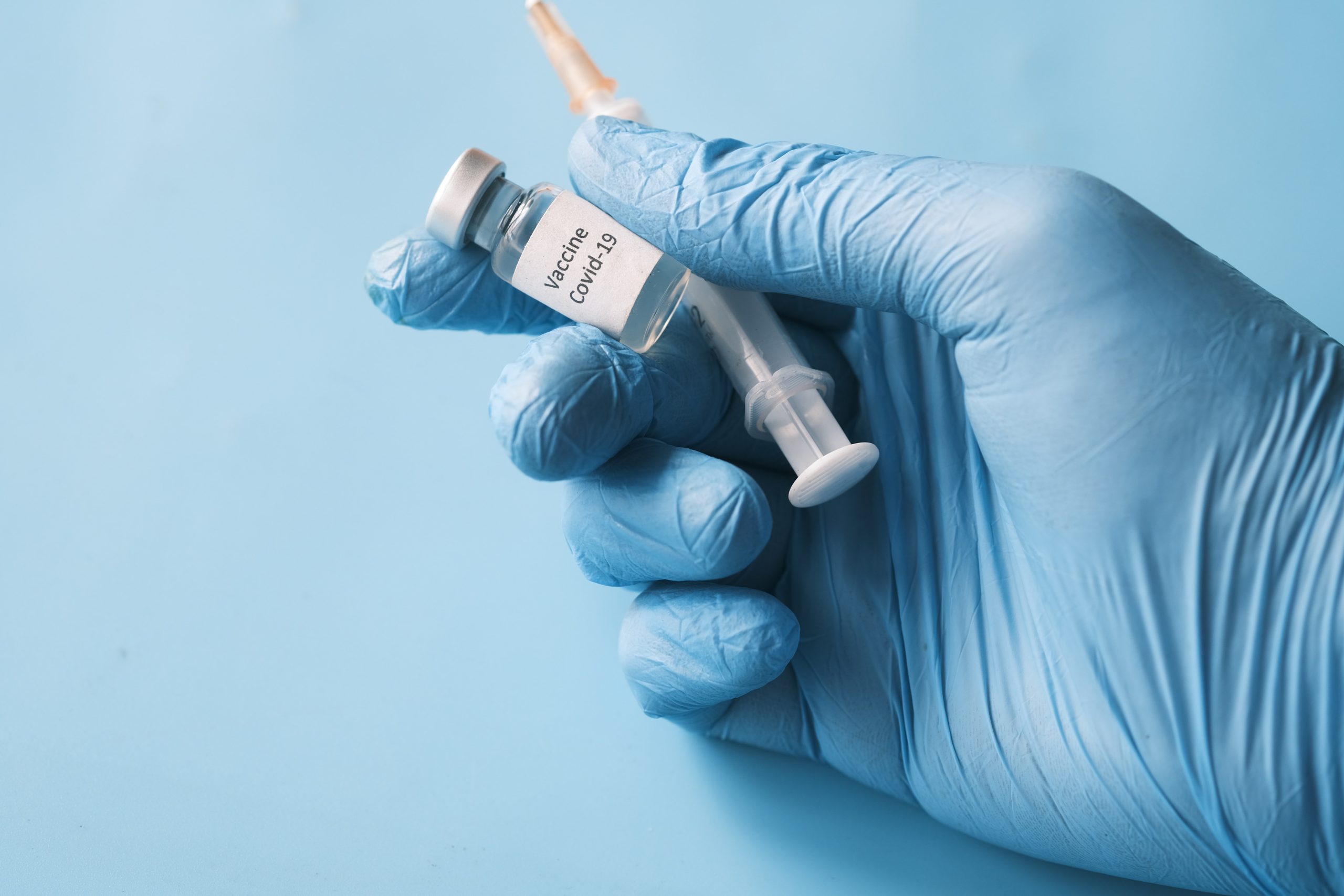
Lauren Dempsey, MS in Biomedicine and Law, RN, FISM News
[elfsight_social_share_buttons id=”1″]
On Thursday the FDA announced a recommendation to change the current vaccine strain used in COVID-19 vaccines for booster doses. The agency stated in a press release that this “is necessary for the 2022 fall and winter seasons.” The updated recommendation comes after the FDA’s Vaccines and Related Biological Products Advisory Committee met on Tuesday to discuss the need for potential changes.
The FDA maintains that vaccine safety and efficacy are “critical” in protecting against COVID-19 infection especially “against circulating and emerging variants to prevent the most severe consequences of COVID-19.” The FDA made this recommendation after the advisory committee voted to include a SARS-CoV-2 omicron component in COVID-19 vaccines that would be used for boosters beginning in the fall of this year.
The agency will continue to monitor the data provided by pharmaceutical companies and have “advised manufacturers seeking to update their COVID-19 vaccines that they should develop modified vaccines that add an omicron BA.4/5 spike protein component to the current vaccine composition to create a two-component (bivalent) booster vaccine.”
The primary vaccination series will not change and is intended to provide a base level against infection. However, the subsequent boosters administered will contain multiple strains of the virus. The FDA vows to maintain transparency through this process and that “the American public can be assured that any COVID-19 vaccine authorized or approved by the FDA meets our standards for safety and effectiveness.” They also encourage that all eligible individuals get vaccinated and boosted.
The BA.4 and BA.5 are sub-variants of the Omicron strain, which is highly contagious. According to the CDC, these strains account for almost 52% of all new COVID cases in the U.S. between the dates of June 19th and June 25th. During the same time frame, the original Omicron variant accounted for 0% percent of new cases. While the virus is more transmissible, symptoms tend to be milder than the original strain of COVID. Common symptoms are very similar to the common cold causing fatigue, sore throat, congestion, runny nose, and headache.
Both of the major pharmaceutical manufacturers, Pfizer BioNTech and Moderna, have developed vaccines that target both the original coronavirus strain and sub-variants. They are hopeful that the vaccines will improve the immune response, although data shows that the new vaccines confer less immunity against strains BA.4 and BA.5.
According to Albert Bourla, Chairman and Chief Executive Officer at Pfizer, the clinical trials are yielding “very strong” results and the company will continue to “follow the science and adapt our own approaches as needed to help address COVID-19 as the virus evolves.” Both of the vaccines the company is studying have shown to significantly improve variant-specific antibody neutralization responses,” said Prof. Ugur Sahin, M.D., CEO and Co-founder of BioNTech.
While the trial results may seem promising in the short term, what we have seen over the last two years is a failure of the vaccine to provide adequate immunity in the long term, resulting in reinfection and the need for frequent boosters due to poor durability. There are also still risks associated with vaccination such as blood clots, autoimmune response, myocarditis, and a recent study from Israel suggests that COVID-19 vaccines could negatively impact fertility in men.
71% of Americans aged 5 and older are fully vaccinated and almost 50% aged 12 and older have been boosted. The CDC continues to recommend that all eligible individuals get vaccinated and boosted and continue with other infection mitigation guidance.
